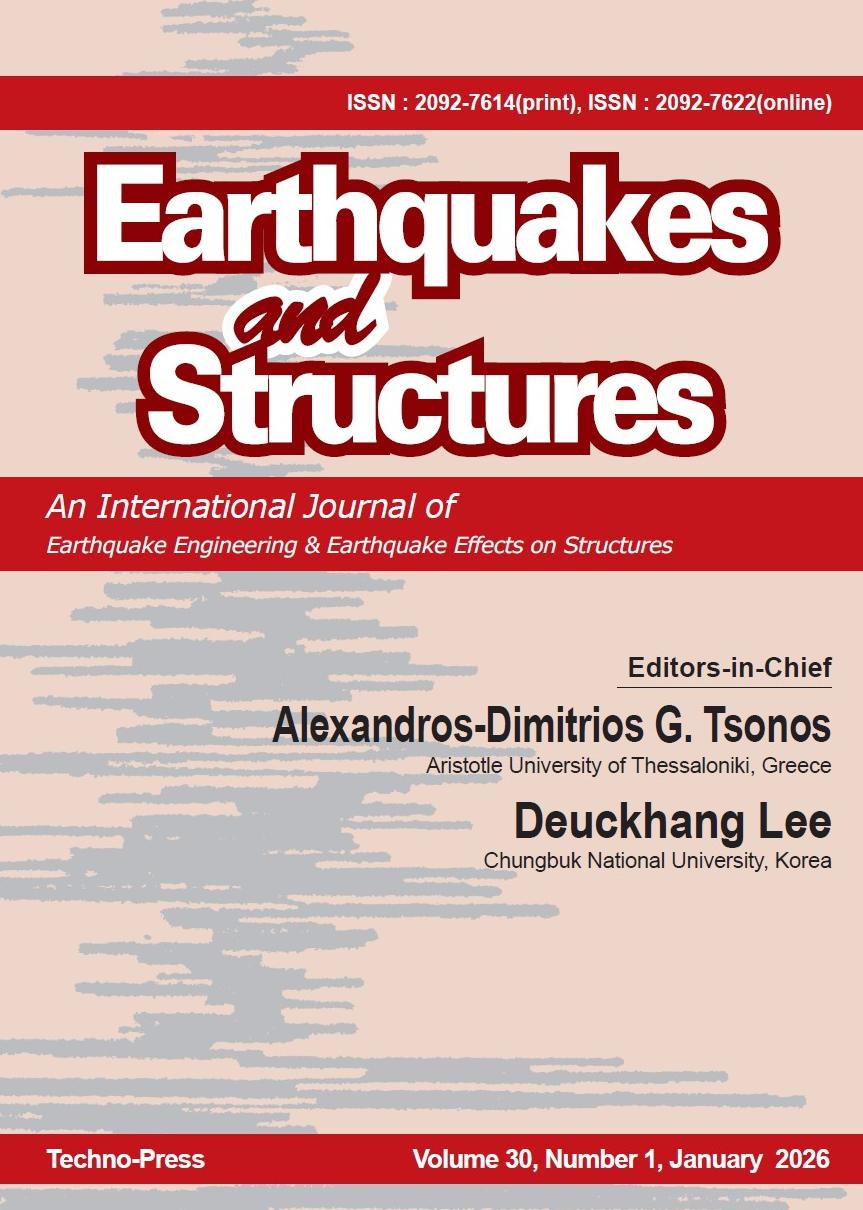International Conference on Sustainable Agricultural Systems Engineering (ICSASE-2025) scheduled on Dec. 25-27, 2025 Bali (Indonesia)
ICSASE-2025
- URL: https://urebe.urst.org/conference/146
- Event Date: 2025-12-25 ~ 2025-12-27
- Submission Date: 2025-12-01
- Organizer: UREBE
- Location: Bali, Indonesia
Biochemistry Chemical & Material Sciences (General) Chemical Kinetics & Catalysis Bioinformatics & Computational Biology Biomedical Technology Biotechnology Biochemistry
Topics/Call for Papers
Topics of Interest for Submission include, but are Not Limited to:
I. Precision Agriculture & Smart Farming for Sustainability
- IoT in Agriculture: Sensors for soil moisture, nutrient levels, crop health, pest detection; real-time data collection and analysis.
- Robotics & Automation: Autonomous farm machinery (planting, harvesting, weeding, spraying), drones for monitoring and data collection, robotic livestock management.
- Artificial Intelligence & Machine Learning: AI for crop yield prediction, disease and pest identification, optimized irrigation scheduling, decision support systems, predictive analytics for resource allocation.
- Big Data Analytics: Management and interpretation of large agricultural datasets for improved efficiency and sustainability outcomes.
- Geographic Information Systems (GIS) & Remote Sensing: Satellite imagery, drone mapping, and GIS for land use planning, crop monitoring, and environmental assessment.
- Variable Rate Technology (VRT): Precision application of inputs (fertilizers, water, pesticides) based on spatial and temporal variability.
- Workstation design and ergonomics in food production and packaging
- Ergonomic design and optimization of food processing facilities and equipment
- Ergonomic interventions to enhance worker productivity in agriculture
- Ergonomics and automation in food processing systems
II. Sustainable Crop Production Systems
- Controlled Environment Agriculture (CEA):
- Vertical Farming: Design and engineering of multi-story growing systems, optimized lighting (LEDs), hydroponics, aquaponics, aeroponics.
- Greenhouse Technologies: Energy-efficient greenhouse design, climate control systems, smart ventilation, supplemental lighting.
- Sustainable Crop Management:
- Conservation Agriculture: No-till/reduced tillage systems, cover cropping, crop rotation for soil health.
- Integrated Pest Management (IPM): Engineering solutions for pest detection, biological control integration, reduced reliance on chemical pesticides.
- Nutrient Management: Precision fertilization, nutrient recycling, bio-fertilizers, reducing nutrient runoff and leaching.
- Crop Breeding & Biotechnology (Engineering Aspects):
- Engineering for enhanced crop resilience to climate change (drought, heat, salinity).
- Technologies for improving nutrient use efficiency in crops.
- Phenotyping technologies for rapid assessment of crop traits.
III. Sustainable Livestock and Aquaculture Systems
- Precision Livestock Farming: Sensors for animal health, welfare monitoring, automated feeding systems, waste management in animal housing.
- Sustainable Animal Housing & Environment: Design of livestock facilities for improved air quality, thermal comfort, and reduced emissions (ammonia, methane).
- Waste-to-Resource in Livestock: Biogas production from animal manure, nutrient recovery from livestock waste.
- Sustainable Aquaculture Engineering: Recirculating aquaculture systems (RAS), offshore aquaculture design, waste treatment in aquaculture, sustainable feed production.
- Animal Welfare Technologies: Engineering solutions for humane treatment, stress reduction, and health monitoring in animal agriculture.
IV. Water Management & Irrigation Engineering
- Efficient Irrigation Systems: Drip irrigation, sprinkler systems, smart irrigation controllers based on real-time data.
- Water Harvesting & Storage: Engineering solutions for rainwater harvesting, reservoir design, and water conservation.
- Wastewater Reuse in Agriculture: Treatment technologies for safe and efficient reuse of municipal and industrial wastewater for irrigation.
- Drainage & Salinity Management: Design of drainage systems to prevent waterlogging and manage soil salinity.
- Water-Energy-Food Nexus: Integrated approaches to optimize the use of water, energy, and land for food production.
V. Renewable Energy & Energy Efficiency in Agriculture
- On-Farm Renewable Energy: Solar power (PV for irrigation, heating), wind energy, small-scale hydropower, biomass gasification/combustion.
- Energy Efficiency in Agricultural Operations: Optimized machinery use, energy-efficient drying and storage, intelligent climate control in greenhouses.
- Biofuels & Biorefineries: Engineering processes for sustainable biofuel production from agricultural residues and dedicated energy crops.
- Waste-to-Energy: Converting agricultural waste and residues into heat, electricity, or other energy products.
VI. Post-Harvest Technology & Value Addition
- Sustainable Post-Harvest Management: Engineering solutions for reducing food loss and waste (e.g., improved storage, cold chain technologies, packaging).
- Agro-Processing & Food Engineering: Sustainable processing methods, valorization of agricultural by-products, energy-efficient food processing equipment.
- Smart Packaging: Intelligent packaging for monitoring freshness, extending shelf life, and ensuring food safety.
- Supply Chain Optimization: Digital technologies for transparent, efficient, and sustainable agricultural supply chains.
VII. Soil & Land Management Engineering
- Soil Conservation Technologies: Anti-erosion measures, terracing, contour farming, runoff control structures.
- Precision Soil Management: Real-time soil mapping, variable rate lime and gypsum application.
- Sustainable Land Use Planning: GIS-based tools for land suitability analysis, optimizing agricultural land use.
- Soil Carbon Sequestration: Engineering and management practices to enhance carbon capture in agricultural soils.
VIII. Environmental Impact & Climate Resilience
- Greenhouse Gas Emission Reduction: Technologies and management practices for reducing methane (from livestock), nitrous oxide (from fertilizers), and CO2 emissions from agriculture.
- Carbon Sequestration Technologies: Biochar production and application, agroforestry engineering.
- Climate-Smart Agriculture (CSA): Engineering approaches to adapt agriculture to climate change impacts (e.g., drought-resistant irrigation, flood management).
- Biodiversity Conservation: Engineering solutions that support biodiversity on farms and in agricultural landscapes.
- Pollution Mitigation: Preventing nutrient runoff, pesticide drift, and antibiotic resistance through engineering design.
IX. Policy, Economics, and Social Aspects of Sustainable Agricultural Systems
- Life Cycle Assessment (LCA) in Agriculture: Methodologies for evaluating the environmental footprint of agricultural products and systems.
- Certification & Traceability Systems: Technology-enabled systems for tracking sustainable practices and product origins.
- Economic Viability of Sustainable Systems: Business models for green agriculture, cost-benefit analysis of sustainable technologies.
- Policy & Regulatory Frameworks: Support mechanisms, incentives, and regulations for adopting sustainable agricultural engineering practices.
- Knowledge Transfer & Extension: Bridging the gap between research and practice, farmer training on new technologies.
- Social Equity & Farmer Livelihoods: Ensuring that sustainable technologies are accessible and beneficial to smallholder farmers and rural communities.















